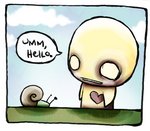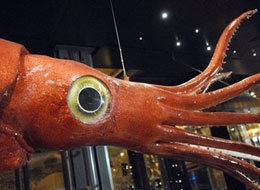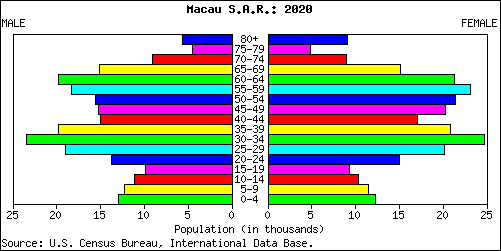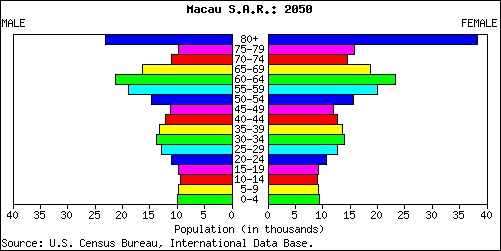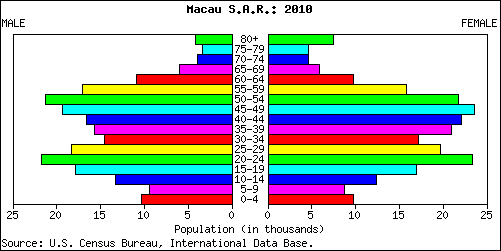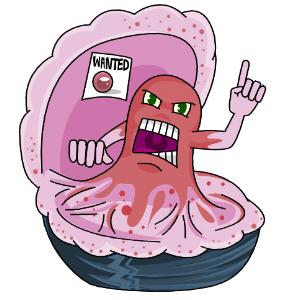 Blog #16-LAST BLOG Reflect on your semester and year in biology What were your successes? What were your failures? What did you learn that you will never forget?
Blog #16-LAST BLOG Reflect on your semester and year in biology What were your successes? What were your failures? What did you learn that you will never forget?In the second semester of this year in Biology in Ms. Malonek's class, I had some success along with some failures. First of all, one of my success would be working hard does help in the long run because if I do all my homework when it was given, I don't have to rush to finish it; thus, avoiding that I have to do sloppy work while rushing and not getting a better grade on it when I can. Additionally, good work does come with a good grade in return which will make my parents and me very happy!
Another success would be that it was really informative to learn about difference specimen's anatomy, making me compare and contrast the human's body anatomy and there is such a great difference. I used to think that all animals had the same organs such as lungs, kidneys, etc. but that was where I was wrong and know my mistakes now.
